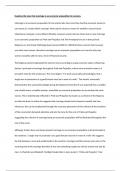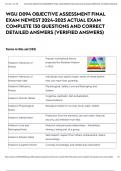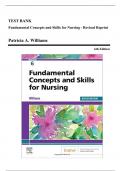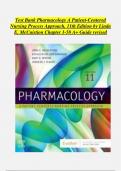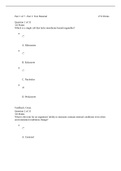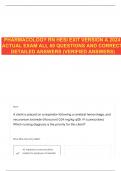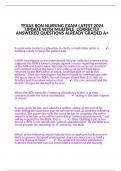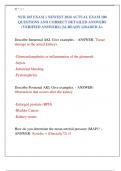Essay
English Literature coursework examining the economic proposition of women in Pride and Prejudice and The Penelopiad
My English Literature essay (graded an A) examines the economic proposition of women through marriage. In Pride and Prejudice by Jane Austen and The Penelopiad by Margaret Atwood. Two authors who are well-known for their feminist perspectives. My essays also explore the context of the Regency peri...
[Show more]
